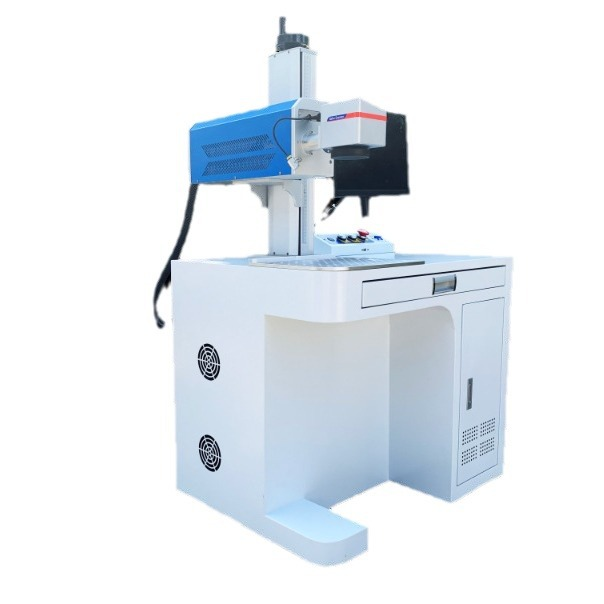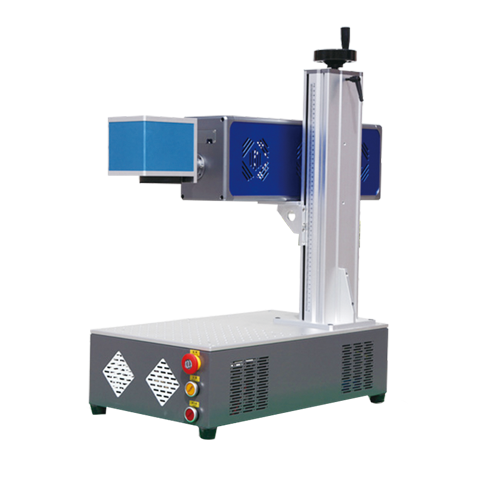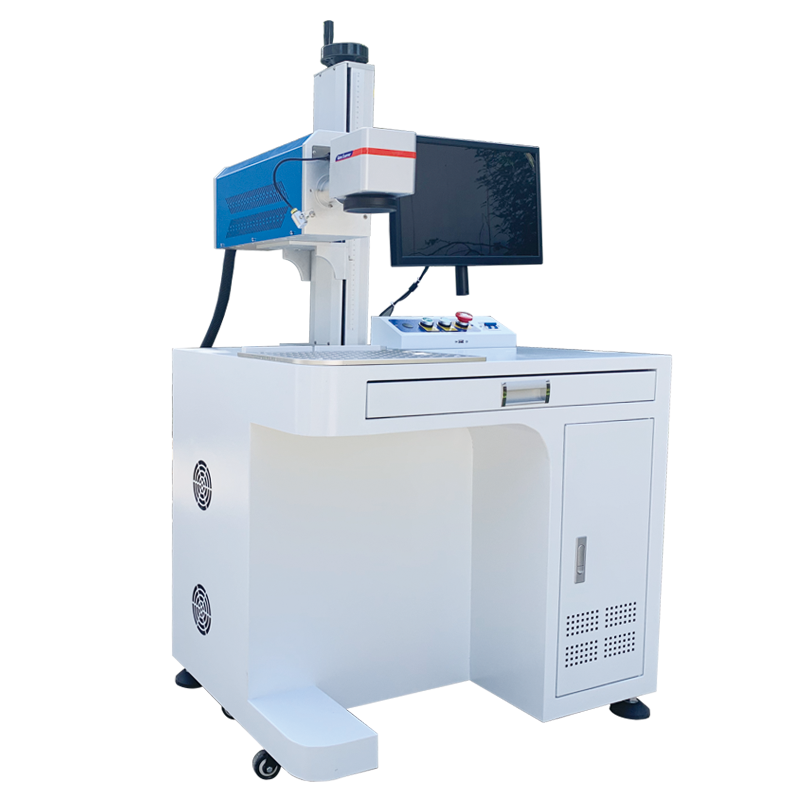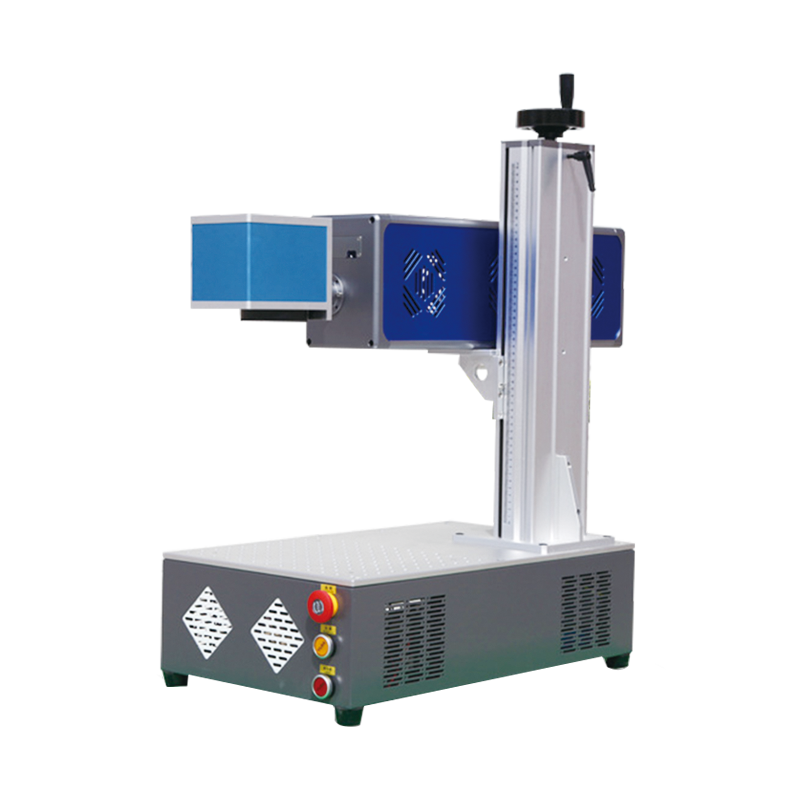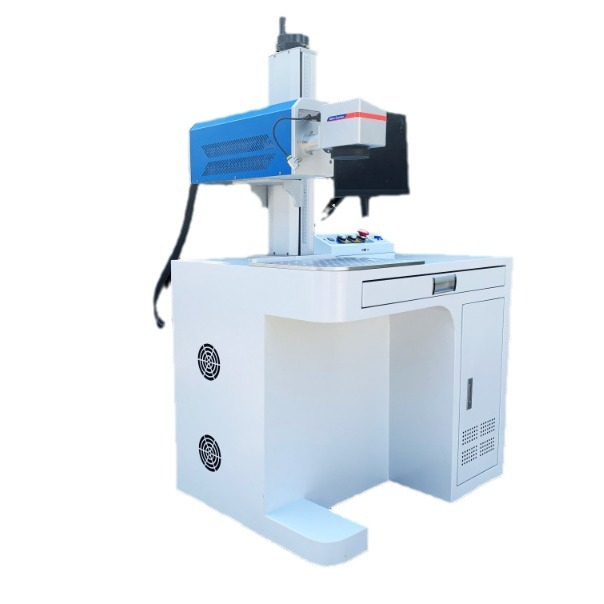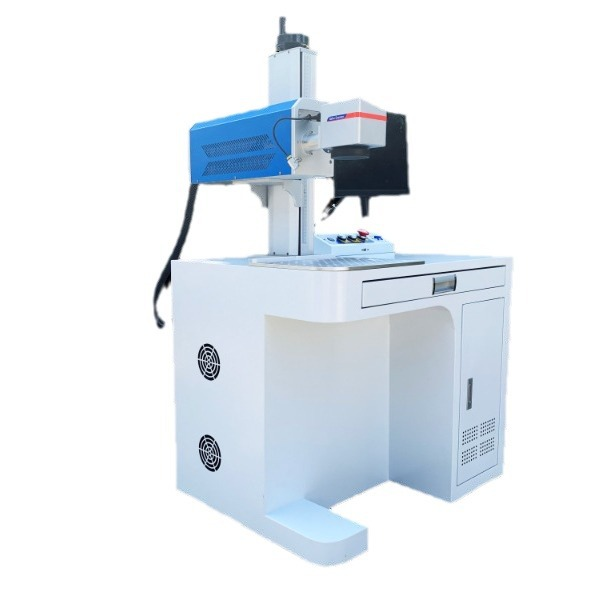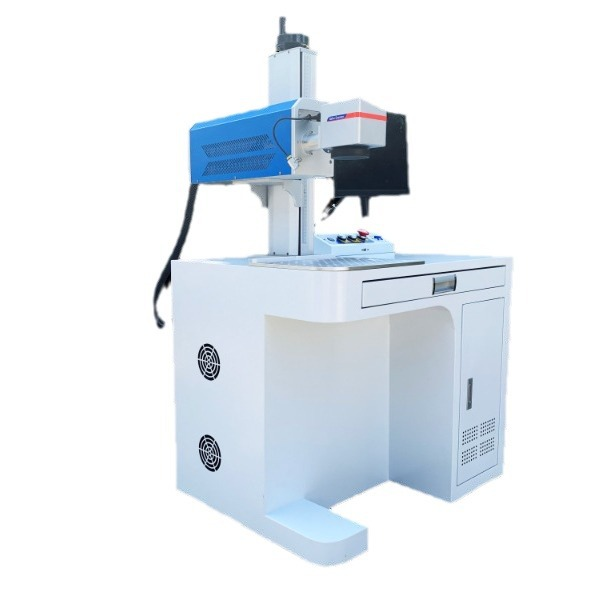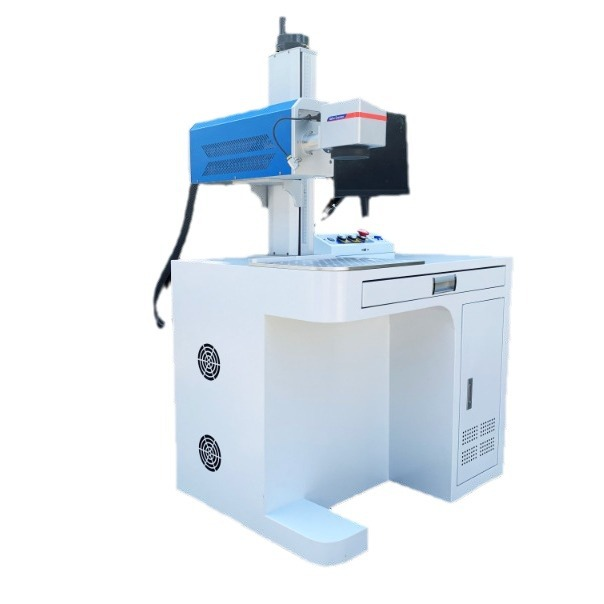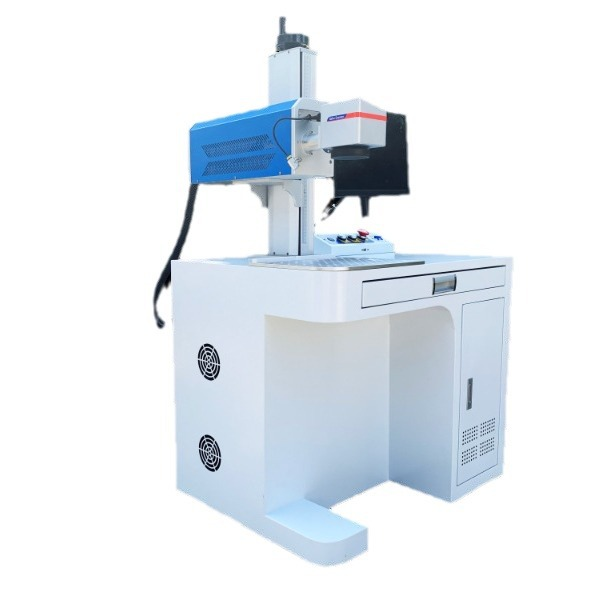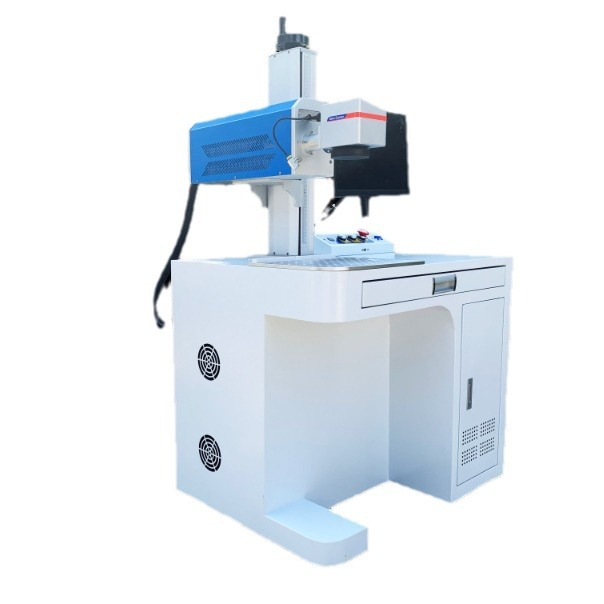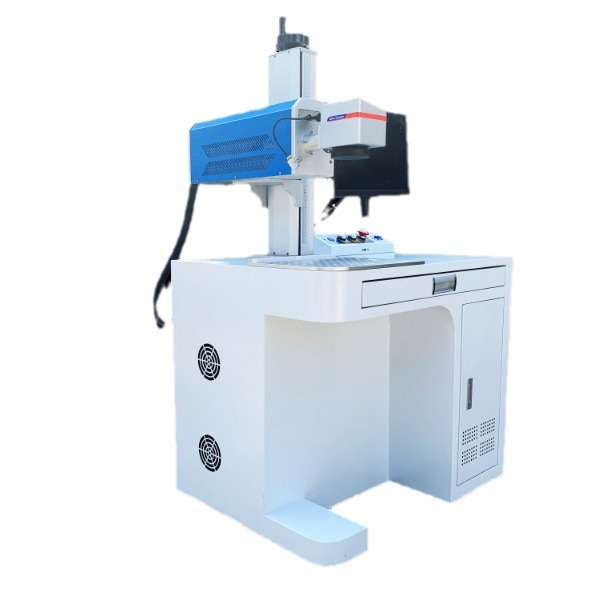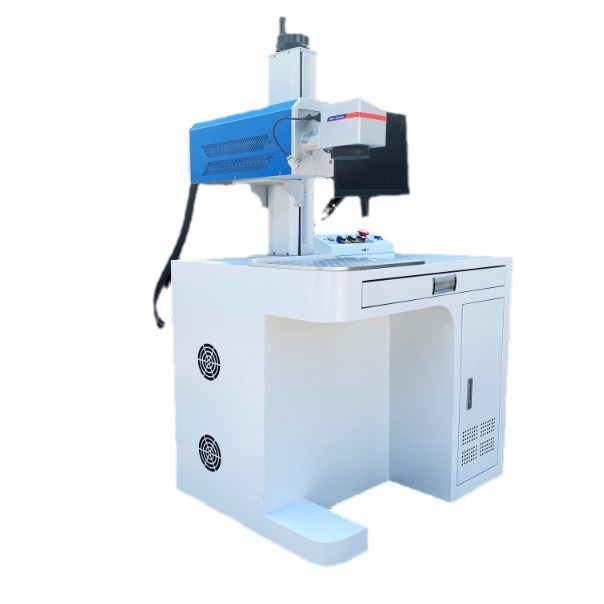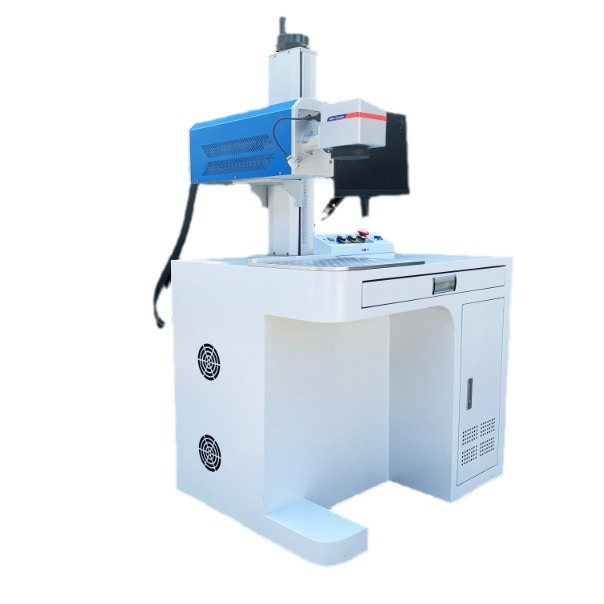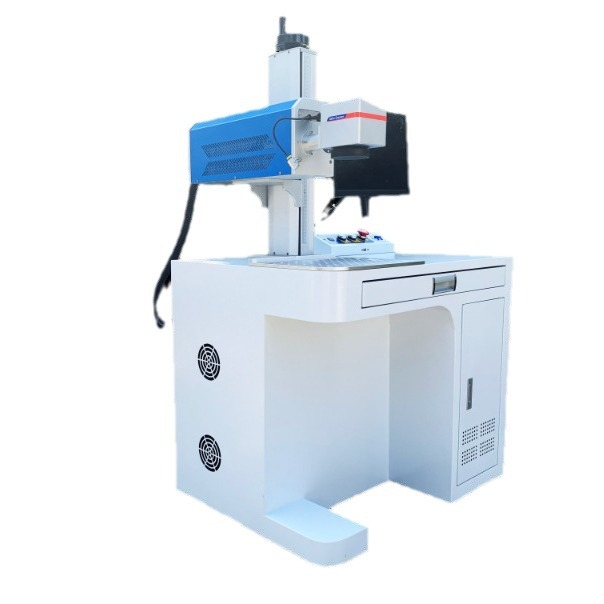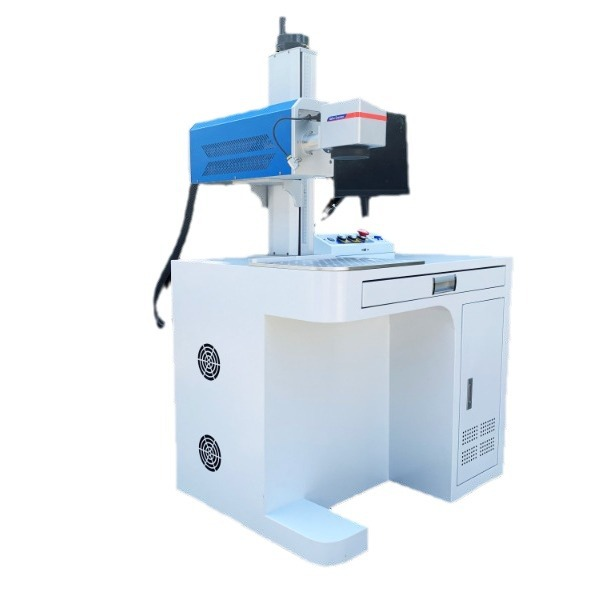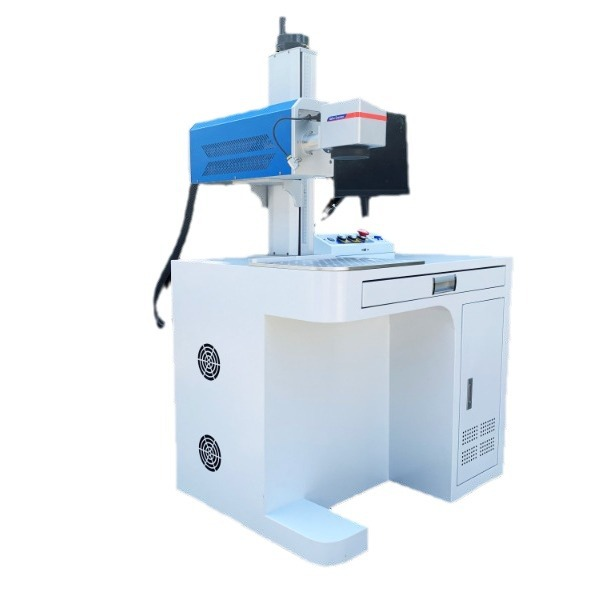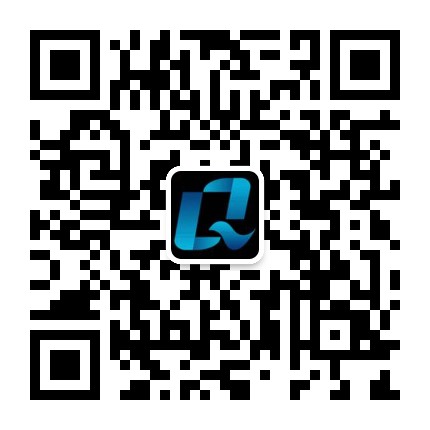CO2 laser marking machines are widely used in various industries due to their ability to produce high-precision, permanent marks on non-metallic materials. Here are some common usage scenarios for CO2 laser marking machines:
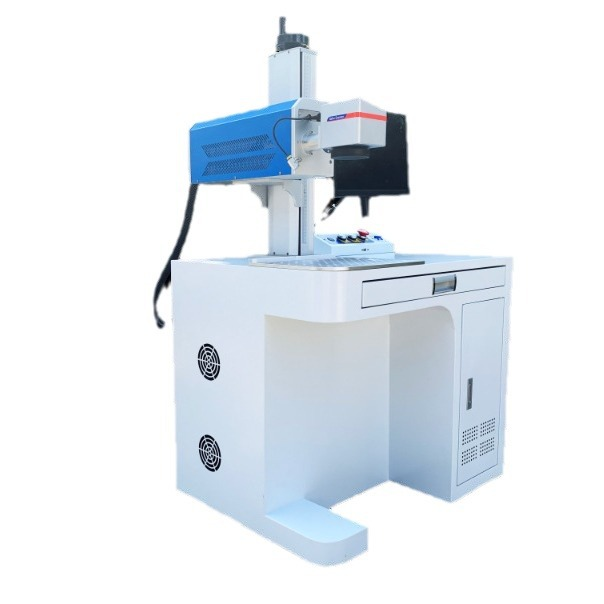
1. Packaging Industry
Food & Beverage Packaging: Marking expiration dates, batch numbers, barcodes, and logos on plastic, cardboard, or glass containers.
Pharmaceutical Packaging: Engraving product info, QR codes, and regulatory details on medicine boxes, blister packs, and labels.
Cosmetic Packaging: Adding batch codes, logos, and safety information on plastic or glass bottles.
2. Electronics & Semiconductor Industry
Marking PCBs (Printed Circuit Boards) with serial numbers, logos, or traceability codes.
Engraving electronic components, plastic casings, and cable insulation.
3. Textile & Leather Industry
Cutting and marking fabrics, leather goods (e.g., shoes, bags) with logos, patterns, or serial numbers.
Engraving denim, synthetic fabrics, and labels for branding or anti-counterfeiting.
4. Medical & Surgical Equipment
Marking medical devices, syringes, and surgical tools with identification codes for traceability.
Engraving glass vials and plastic medical packaging.
5. Automotive & Aerospace Components
Marking plastic parts, dashboards, rubber seals, and labels with part numbers or barcodes.
Engraving composite materials used in aerospace interiors.
6. Promotional & Gift Items
Personalizing acrylic awards, wooden products, glassware, and promotional items with logos or text.
Engraving paper products like certificates, invitations, and cardboard packaging.
7. Industrial & Manufacturing Applications
Marking rubber products (e.g., seals, gaskets) with part numbers.
Engraving ceramic tiles, anodized aluminum (with special coatings), and some coated metals.
Materials Suitable for CO2 Laser Marking
✔ Plastics (ABS, PVC, acrylic, polycarbonate)
✔ Wood & Plywood
✔ Glass & Ceramics
✔ Paper & Cardboard
✔ Leather & Fabrics
✔ Rubber & Silicone
✔ Anodized/Coated Metals (limited use)

